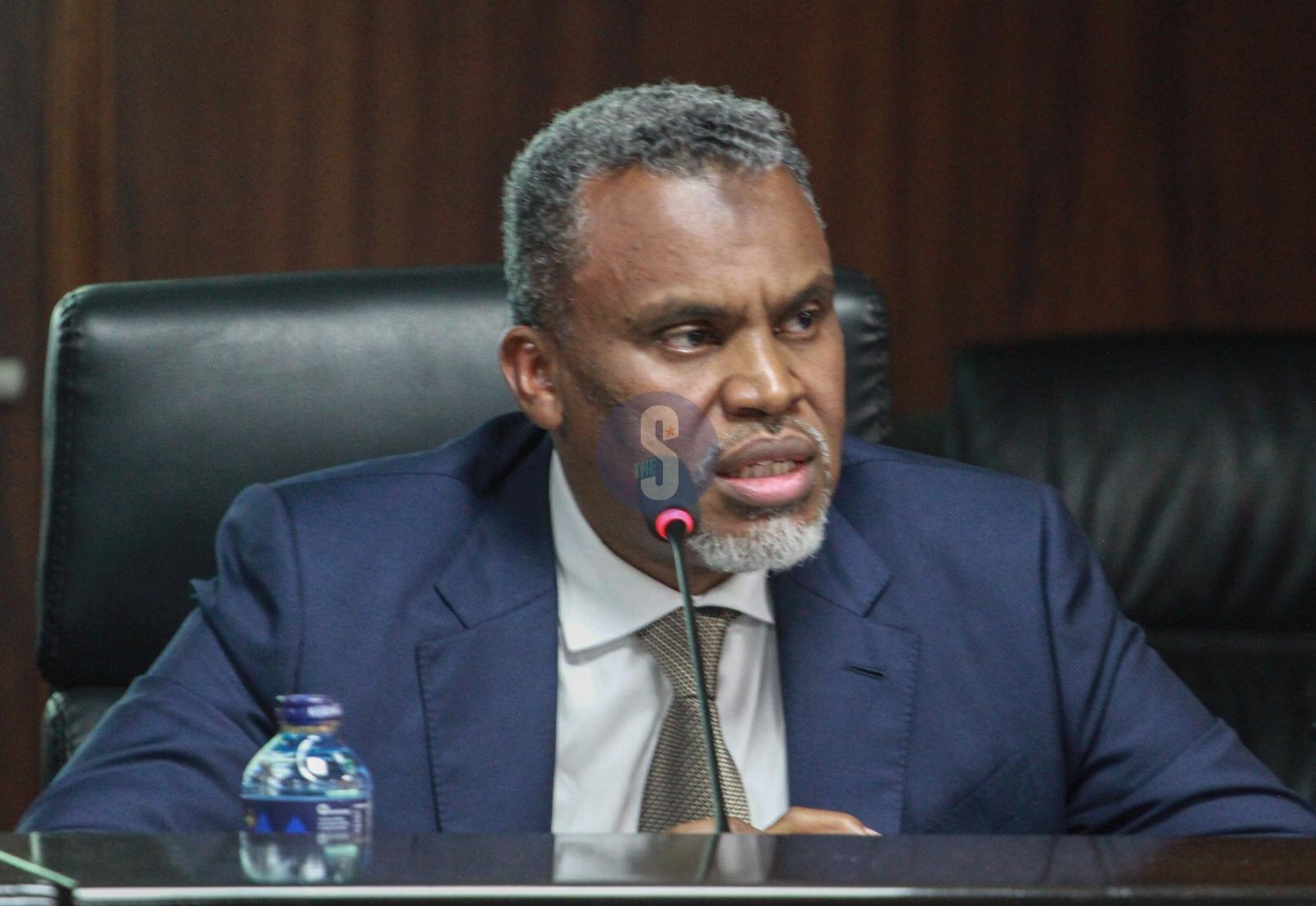
National Intelligence Service (NIS) Director General Noordin Haji has made a compelling case before the MPs urging them to allocate more funds to the agency and the Kenya Defence Forces (KDF).
In a candid disclosure, Haji revealed that the military has not received new equipment in over a decade, warning that such a lapse poses a significant risk to national security.
“If you look at the kind of equipment that we have in the security sector, it is very wanting. I think as a country we need to decide whether we are serious and whether we are giving the security that Kenyans deserve,” he said.
“There is no amount of money, at the moment, that we can say is enough. The military, for example, for the last 10 years not been getting the requisite equipment; they don’t have the equipment.”
Haji was appearing before the National Assembly Committee on Defence, Foreign Relations and Intelligence, chaired by Belgut MP Nelson Koech to review the service’s 2025/2026 budget estimates.
In his submission, he emphasised that without modern tools, both the intelligence community and military forces are constrained in their ability to counter evolving threats.
He highlighted the evolving nature of global and regional threats, stressing that intelligence operations require significant investment in technology, training, and human resource development.
He disclosed that the agency had been granted Sh51 billion, which is Sh14 billion short of the Sh65 billion it had requested.
He said Sh33 billion had been allocated for personnel emoluments, Sh5.5 billion for modernising intelligence infrastructure, Sh4.5 billion for surveillance expansion, and Sh2.5 billion for multi-agency security operations.
A request for Sh1 billion to recruit new, highly trained personnel across various sectors, he said, was not approved.
Stating the specific threats the country faces, the NIS boss cited the Uganda border, where the Karamajong warriors are perpetrating cattle rustling and the South Sudan border, which is plagued by a proliferation of small arms.
The Ethiopian border, he added, faces threats from the Oromo Liberation Army, which is allegedly collaborating with the outlawed al Shabaab, while the Somalia border remains a critical front in the fight against al-Shabaab.
With such underfunding, Haji said the agency could compromise Kenya's ability to respond effectively to internal and external security challenges.
This, as he stressed the critical need for enhanced financial support to strengthen national security and counter emerging threats, including terrorism, transnational crimes, and cyber threats.











